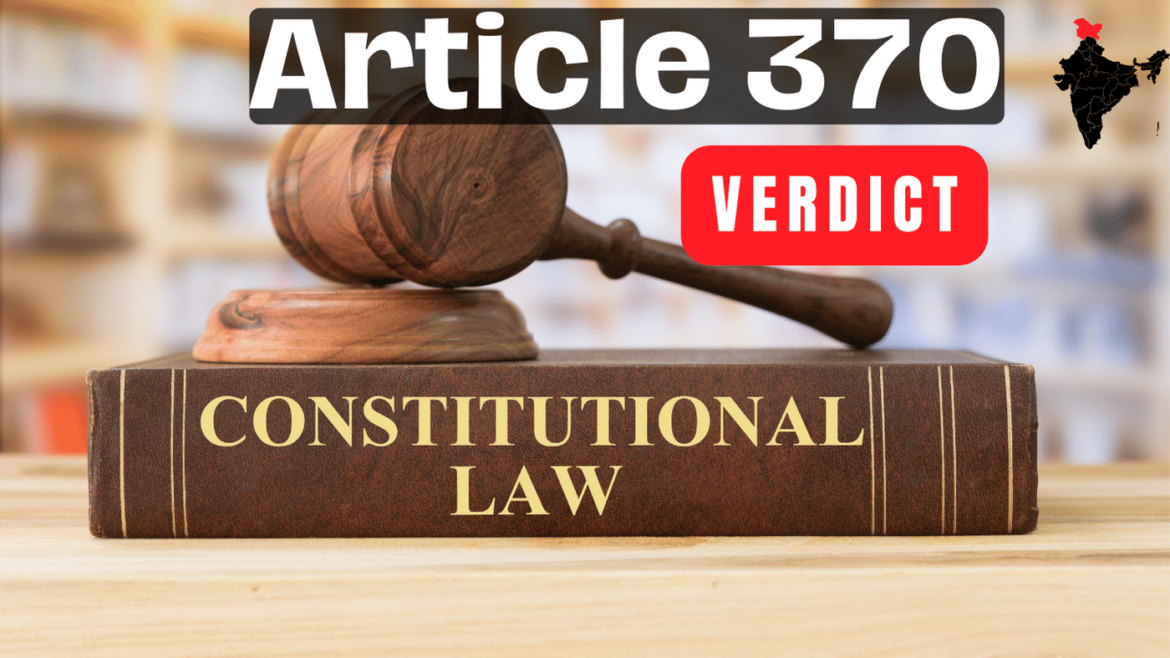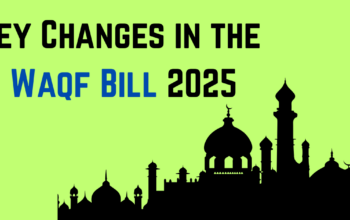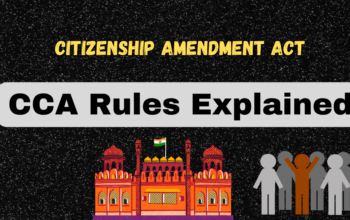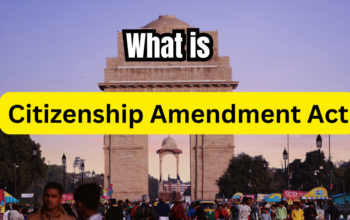Four years after its implementation, the Supreme Court has upheld the abrogation of Article 370 of the Constitution in Jammu and Kashmir on Monday, December 11. The top court upheld the government’s decision to abrogate Article 370 and said that steps should be taken to conduct elections in the assembly by September 30 2024. SC also upheld reorganisation of Ladakh as Union Territory.
Article 370, which was abrogated on August 5, 2019, was an interim arrangement due to war conditions in the erstwhile state, Justice Chandrachud said.
A five-judge constitution bench comprising Chief Justice of India DY Chandrachud, Justices Sanjay Kishan Kaul, Sanjiv Khanna, BR Gavai, and Surya Kant passed the judgment.
Prime Minister Narendra Modi wrote on X, “Today’s Supreme Court verdict on the abrogation of Article 370 is historic and constitutionally upholds the decision taken by the Parliament of India on 5th August 2019; it is a resounding declaration of hope, progress and unity for our sisters and brothers in Jammu, Kashmir and Ladakh. The Court, in its profound wisdom, has fortified the very essence of unity that we, as Indians, hold dear and cherish above all else.”
A quick timeline of developments
* August 5, 2019: Centre abrogates the provisions of Article 370, bestowing a special status upon the erstwhile state of Jammu and Kashmir.
* August 6, 2019: First petition challenging the presidential order scrapping Article 370 filed by advocate M L Sharma, who was later joined by another lawyer from Jammu and Kashmir, Shakir Shabir.
* August 10, 2019: National Conference (NC), a prominent political party from Jammu and Kashmir, files a petition contending that the changes brought in the status of the state had taken away the rights of its citizens without their mandate.
* August 24, 2019: Press Council of India moves the Supreme Court supporting the Centre and Jammu and Kashmir administration’s decision to impose restrictions on communications.
* August 28, 2019: Supreme Court issues notices to the Centre, Jammu and Kashmir administration on a plea moved by Kashmir Times editor for the removal of the restrictions imposed on journalists.
* August 28, 2019: A bench headed by then Chief Justice Ranjan Gogoi refers matter to five-judge Constitution bench.
* September 19, 2019: Supreme Court sets up five-judge Constitution bench to hear pleas challenging abrogation of Article 370.
* March 2, 2020: Supreme Court declines to refer to larger seven-judge bench batch of petitions challenging constitutional validity of Centre’s decision to abrogate provisions of Article 370.
* April 25, 2022: Supreme Court agrees to consider listing after summer vacation pleas challenging Centre’s decision to abrogate provisions of Article 370 after one of the petitioners seeks urgent hearing in view of delimitation exercise being carried out in Jammu and Kashmir.
* July 11, 2023: Supreme Court says it will commence day-to-day hearing from August 2 on petitions challenging abrogation of Article 370.
* August 2, 2023: Supreme Court commences hearing on petitions challenging abrogation of Article 370.
*September 5, 2023: Court reserves verdict on 23 petitions in the matter after hearing those for 16 days.
* December 11, 2023: Supreme Court upholds government’s decision to abrogate Article 370, says steps should be taken to conduct election to Assembly in Union Territory by September 30 next year.



